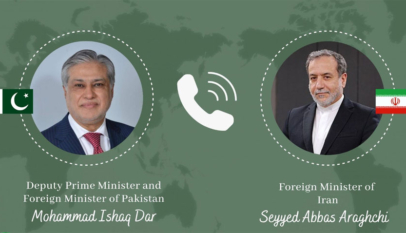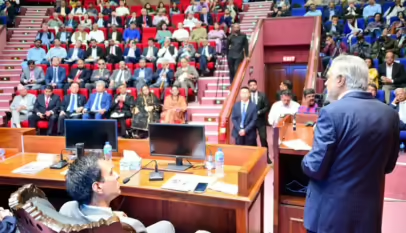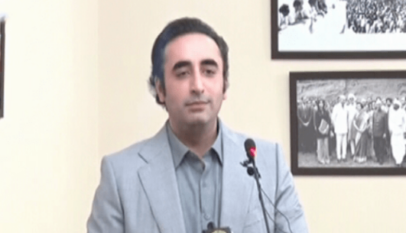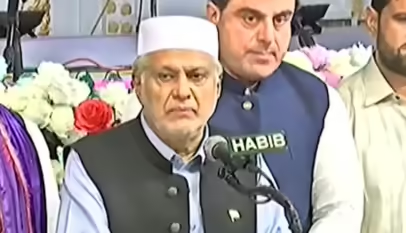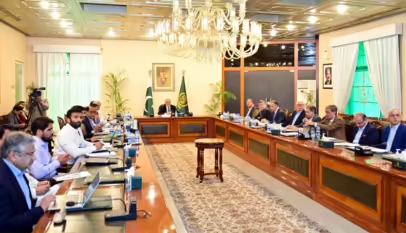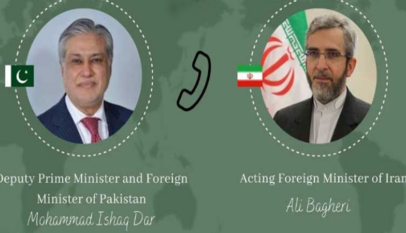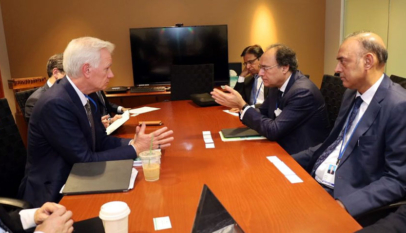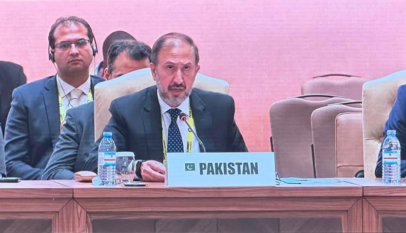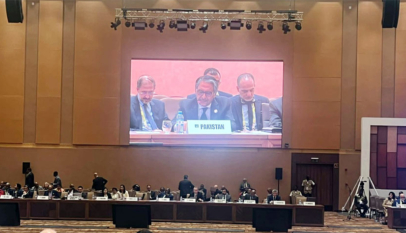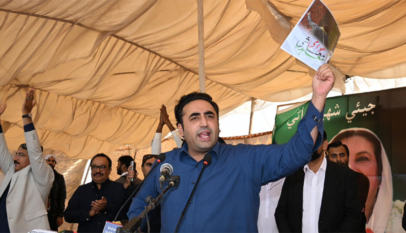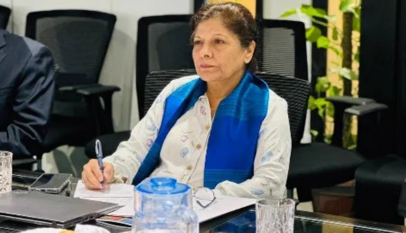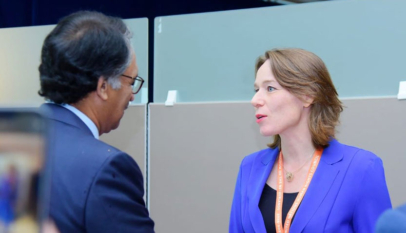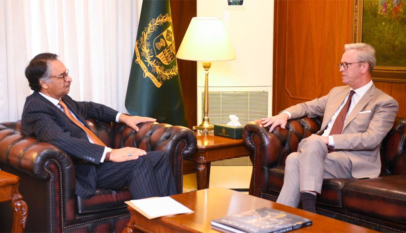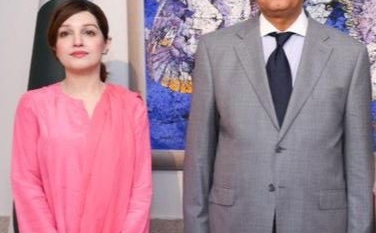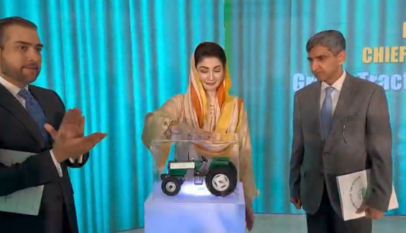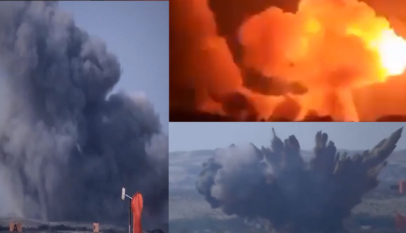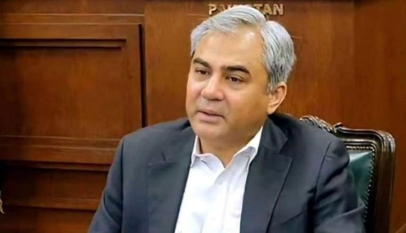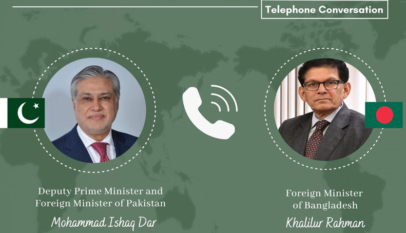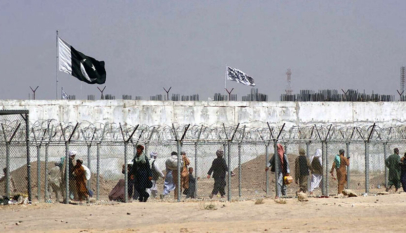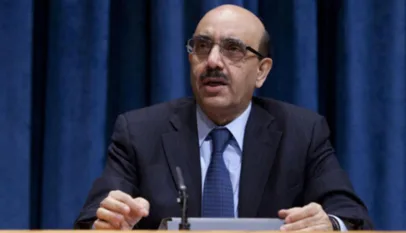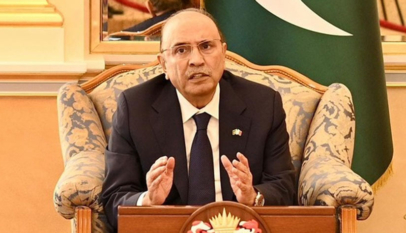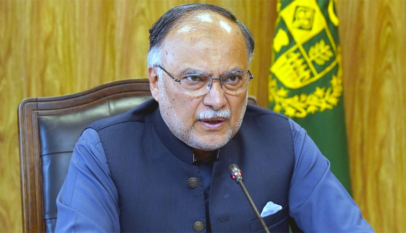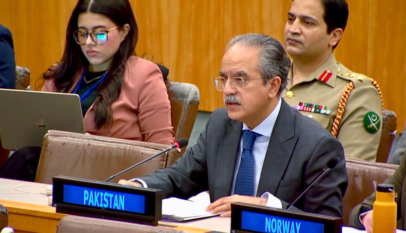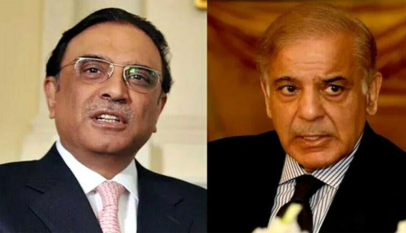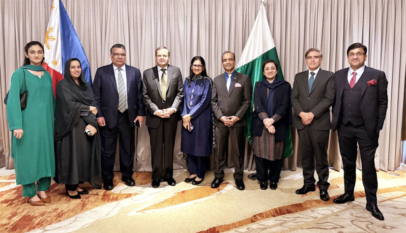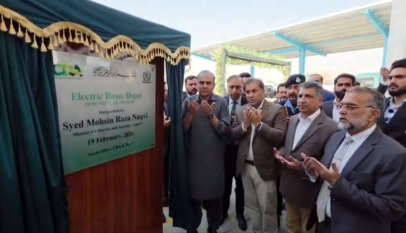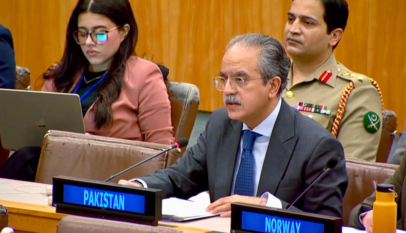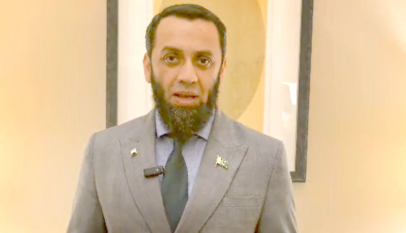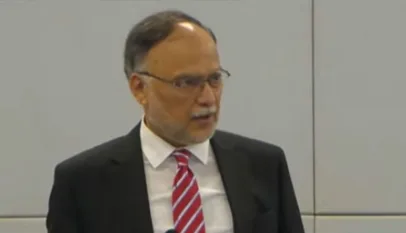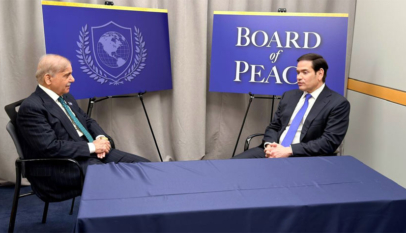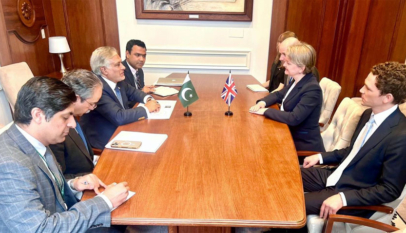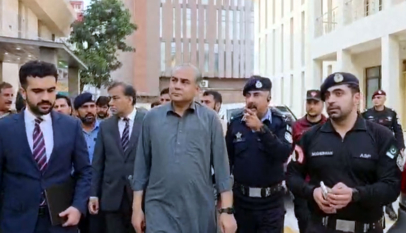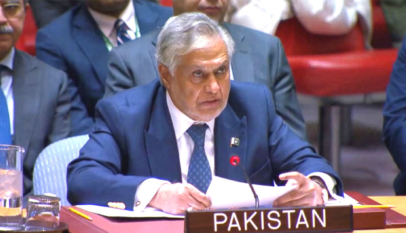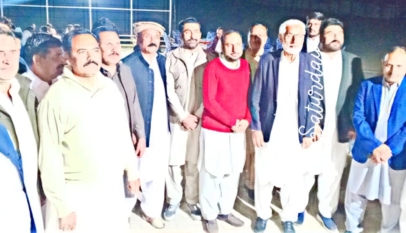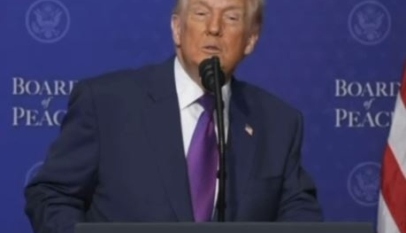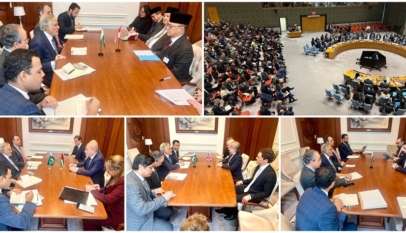
Foreign Minister Bilawal Bhutto-Zardari has expressed disappointment over the tough stance adopted by the International Monetary Fund (IMF), saying the lender is not being fair to Pakistan.
In an interview on Friday, Bilawal said that the country was in “a perfect storm” of crises due to last year’s catastrophic flooding and terrorism which was “once again rearing its ugly head”.
Bilawal said his party supported expanding revenue collection and believed those who were well off should pay more, adding that Pakistan had been unable to achieve structural tax reform “for the last 23 IMF programmes that we have been a part of”.
“Is it really the time to nitpick about our tax policy and tax collection while we’re suffering from a climate catastrophe of this scale?” Bilawal asked, without mentioning IMF.
The IMF is not being fair to Pakistan, which is also dealing with 100,000 new refugees following the West’s withdrawal from Afghanistan and “a steady uptick of terrorist activities within our country,” he was quoted as saying.
The foreign minister further said that the global lender was stretching out talks at a time when the country needed money to help the “poorest of the poor”.
“And they’re being told that until their tax reform is not complete, we will not conclude the IMF programme.”
He said that Pakistan was able to navigate the COVID-19 pandemic, the Taliban takeover of Afghanistan, as well as inflation and supply chain disruptions. But then last year’s floods devastated the country, he said, calling it the “biggest, most devastating climate catastrophe that we’ve ever experienced”.
On ties with Beijing, Bilawal Bhutto said that Pakistan had a “very healthy economic relationship” with China that was “also in the spotlight as a result of geopolitical events”.
He said the government was “very grateful” to Beijing for the $1.3 billion loan announced earlier this month, especially in light of the floods.
“The Government of China has supported Pakistan whether by rolling over our debt or by providing economic assistance in one form or the other,” the foreign minister said. “I am not concerned about this issue at the moment. We need help and support from wherever we can get it.”
He said that in order to meet the country’s energy needs and to provide relief to citizens paying for expensive imported fuel, the government was “looking to work with anyone, including Russia”.
He added that he believed there was now space for imports from Russia within the US price cap.
Talking about Pak-US ties, Bilawal said: “We are on a healthy trajectory.”
He pointed to talks on climate, health, technology and trade. He added that Pakistani officials had also met recently to discuss counterterrorism.
Bilawal said that Pakistan’s “alleged influence over the Taliban has always been exaggerated”.
He said Pakistan, however, had always maintained the importance of engaging with the Taliban on terrorism and other issues, especially women’s rights to education and jobs. Pakistan would like to see the Taliban take action against all terrorist groups, but said there were questions about their capacity to combat these groups.
Bilawal said his advice to the West is to engage with the Taliban “regardless of what’s going on on the ground”.
He said that without a functioning economy, there won’t be “space” for the Taliban to implement political decisions.

